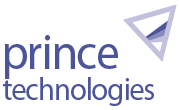November 16, 2023
Testing for therapeutic monoclonal antibodies
In recent years, protein based biopharmaceuticals including monoclonal antibodies (mAbs — such as Daratumumab and Rituximab), bispecific antibodies and fusion proteins have become important tools in the treatment of cancers. Understanding the critical quality attributes (CQAs) of biotherapeutics is essential for ensuring thorough quality assessment.
In the dynamic landscape of therapeutic protein development, the analysis of charge heterogeneity plays a pivotal role across various stages, from product development to production, stability assessment, and release testing. Traditionally, methods such as isoelectric focusing and ion exchange chromatography have been the go-to approaches for protein charge variant analysis. However, these methods come with a drawback — they are relatively slow, demanding up to 1 hour of analysis time.
Post-translational modification (PTM), occurring during biosynthesis, leads to charge heterogeneity in these proteins which correlates with the biological activity and stability of the molecule. Quantification of charge variants is an important measure of charge heterogeneity; these charge variants may be present at the time of manufacture or originate as a result of stability. Deamidation and sialylation are examples of modifications that introduce additional negative charges to the molecule causing a decrease in pI (acidic species), whereas modifications such as C-terminal unprocessed lysine variants or cyclic imide formation introduce additional positive charges to the molecule, causing an increase in pI (basic species).
Capillary Zone Electrophoresis — the ideal platform for monoclonal antibodies
Our PrinCE Next systems are the ideal platform for performing tests for these effects. Capillary Zone Electrophoresis can be used to perform rapid, high resolution charge variant analysis of proteins in their native state with a high analytical throughput compared to HPLC-Ion Exchange Chromatography (HPLC-IEX) or imaged Capillary Isoelectric Focusing (icIEF).
Our new Application Note shows how you can test for a variety of therapeutic monoclonal antibodies using our advanced CZE systems. Leave your details using our contact form to receive a copy from our team of CZE specialists!

